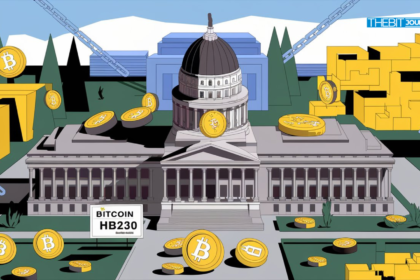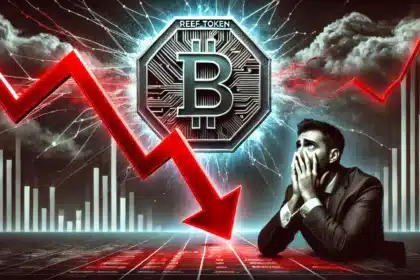The ongoing battle between Ethereum (ETH) and Solana (SOL) continues to heat up, especially as institutions explore new blockchain technologies. According to a recent report by Switzerland-based Sygnum Bank, institutional investors are increasingly favoring Solana over Ethereum due to its scalability and lower transaction costs. This shift highlights a growing preference for Solana’s performance advantages, despite Ethereum’s reputation for security and stability.
Why Institutions Are Choosing Solana
Sygnum Bank’s report highlights that large corporations are turning to Solana for its ability to handle high transaction volumes at low costs. Even though Ethereum remains a leader in the blockchain space, companies like Visa and Franklin Templeton have chosen Solana for their projects. One notable example is Visa’s decision to integrate Solana for USDC payments, citing Solana’s efficiency and cost-effectiveness.
“Visa recently integrated Solana for USD Coin (USDC) payments, driven by the platform’s high throughput and low costs,” the report states.
Similarly, Franklin Templeton, a trillion-dollar asset manager, is building on Solana for one of its investment funds, further reinforcing Solana’s appeal among institutions. Even financial giant Citi is considering Solana for cross-border payments, indicating its potential for broader adoption.

Solana Outperforms Ethereum in 2023
The report also points out that Solana has outpaced Ethereum in terms of price performance. Solana’s price surged by 300% over the past year, and since the beginning of 2023, this increase has reached 600%. This rapid growth underscores the rising popularity and demand for Solana in the crypto market. While Ethereum has reduced its risk of being classified as a security following recent SEC rulings, institutional investors continue to be drawn to Solana’s technological advantages.
In contrast, the report suggests that Ethereum is seen as easier to value compared to Bitcoin, making it attractive to traditional investors. However, for institutions seeking high transaction speeds and scalability, Solana remains the top choice.
Solana’s Risks and Centralization Concerns
Despite its advantages, Solana is not without criticism. Former CIA agent and privacy advocate Edward Snowden has warned about Solana’s level of centralization, which could expose the platform to government interference. Snowden argues that Solana’s centralized structure runs counter to the decentralization ideals of the crypto space and could present long-term risks.
While these concerns exist, Sygnum Bank’s report emphasizes that major institutional players are overlooking such risks in favor of Solana’s technological infrastructure.
Solana on the Rise
As Sygnum Bank’s report reveals, the shift from Ethereum to Solana is driven by the need for higher transaction speeds, scalability, and lower costs. While Solana faces critiques related to centralization, its appeal among major corporations like Visa and Franklin Templeton highlights its growing dominance in the blockchain world. As the competition between Ethereum and Solana continues, it’s clear that institutions are looking for efficient solutions, and for now, Solana is at the forefront.
- https://twitter.com/Thebitjournal_
- https://www.linkedin.com/company/the-bit-journal/
- https://t.me/thebitjournal
Follow us on Twitter and LinkedIn and join our Telegram channel to be instantly informed about breaking news!


























